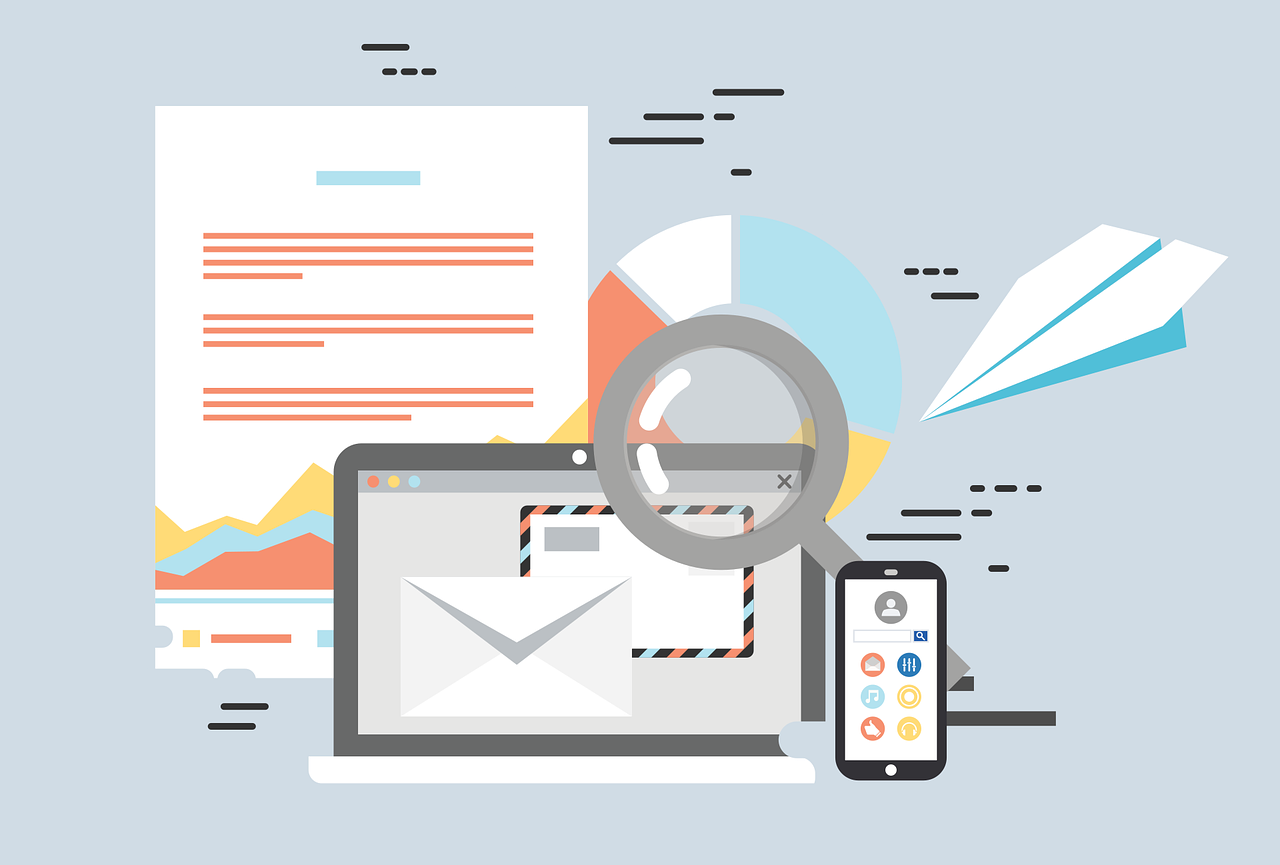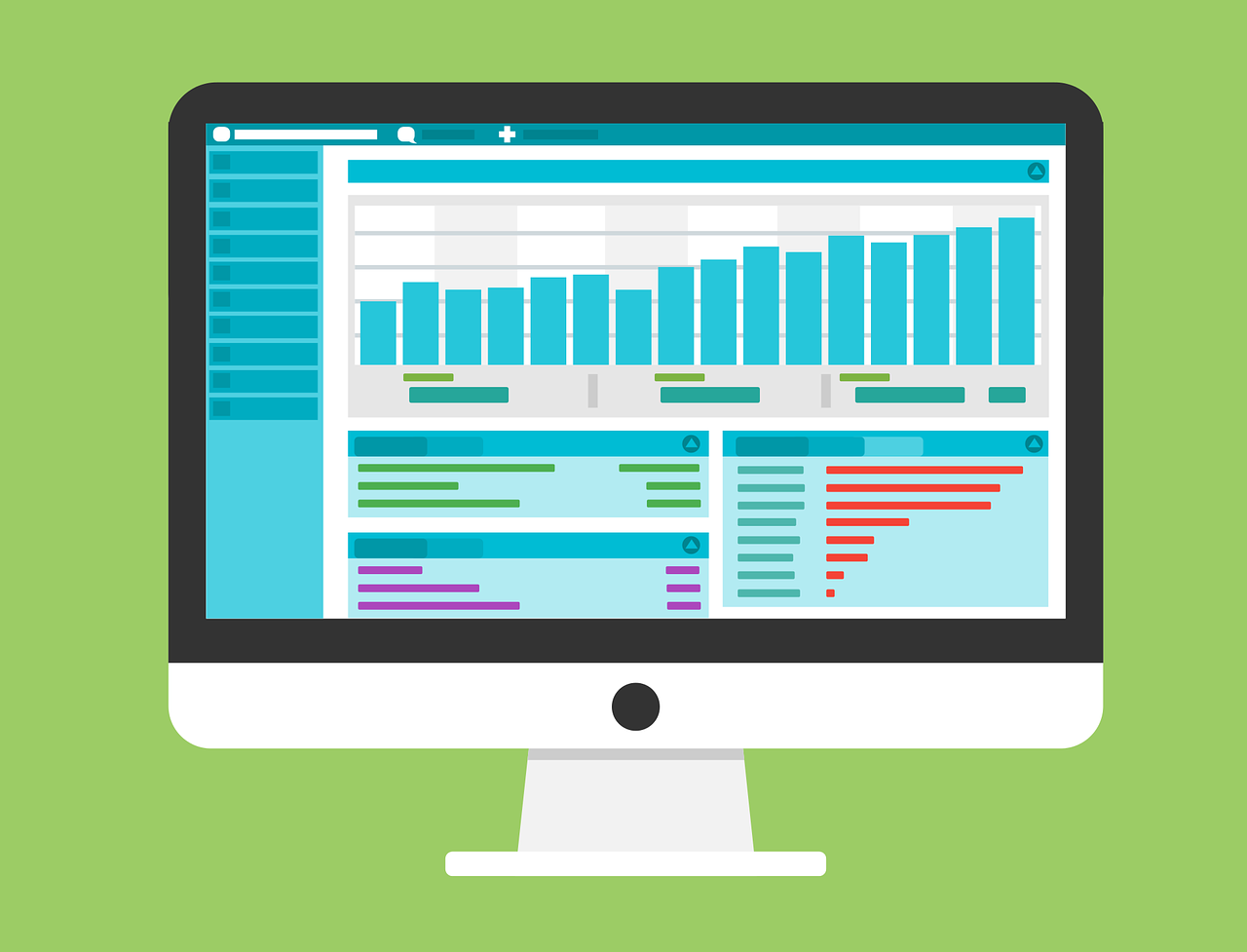Are you preparing for an interview in Monitoring and Evaluation (M&E)? We are excited to share some commonly asked M&E interview questions along with their answers to help you prepare and excel in your interview. Here are a few questions to get you started:
Q: What is the difference between monitoring and evaluation?
A: Monitoring and evaluation are two distinct but interconnected processes in project management. Monitoring refers to the systematic collection and analysis of data to track the progress and performance of a project or program over time. It involves gathering information on activities, outputs, and outcomes to ensure that the project is on track and to identify any potential issues or deviations from the plan.
On the other hand, evaluation is a more comprehensive assessment of the project’s effectiveness, efficiency, and relevance. It involves analyzing the project’s overall impact and outcomes, as well as the factors that contributed to its success or failure. Evaluation provides a deeper understanding of the project’s results and helps to inform decision-making for future projects.
In summary, monitoring focuses on ongoing tracking and measurement of project activities and progress, while evaluation is a broader assessment of the project’s outcomes and impact.
Q: What is the linkage between planning, monitoring, and evaluation?
A: Planning, monitoring, and evaluation are interconnected stages of the project management cycle that contribute to effective project implementation and improvement.
Planning: Planning is the initial stage where project goals, objectives, strategies, and activities are defined. It sets the foundation for the project and establishes the framework for monitoring and evaluation. A well-defined plan includes clear indicators and targets, which serve as the basis for monitoring and evaluation activities.
Monitoring: Monitoring is the ongoing process of systematically collecting data and information on project activities, outputs, and outcomes. It allows project managers to track progress, identify bottlenecks or issues, and make timely adjustments to keep the project on track. Monitoring data provides feedback on the implementation process and helps in assessing the effectiveness of project strategies and interventions.
Evaluation: Evaluation occurs at specific intervals or at the end of a project. It involves a comprehensive analysis of the project’s achievements, impact, and lessons learned. Evaluation assesses the extent to which project objectives were met, identifies strengths and weaknesses, and provides recommendations for future improvements. The evaluation findings and insights feed back into the planning process for future projects.
In summary, planning sets the direction and goals, monitoring tracks progress and identifies issues in real-time, and evaluation provides a comprehensive assessment and learning for future projects. Together, they form a continuous cycle of improvement.
Q: What is the importance of monitoring and evaluation?
A: Monitoring and evaluation play crucial roles in project management, and their importance can be summarized as follows:
1. Accountability: Monitoring and evaluation provide a means to assess the performance and progress of a project against predefined goals and objectives. It ensures that project implementers are accountable for their actions and helps identify any deviations or shortcomings that need to be addressed.
2. Learning and Improvement: Monitoring and evaluation provide valuable insights into the effectiveness of project strategies, activities, and interventions. By systematically collecting data and analyzing results, project managers can identify what works well and what needs improvement. This learning process helps refine project approaches, make evidence-based decisions, and enhance future project outcomes.
3. Decision-making: Monitoring and evaluation provide data and evidence that inform decision-making processes. Project managers can use monitoring data to make informed adjustments to project activities in real-time, ensuring that resources are allocated efficiently and effectively. Evaluation findings, on the other hand, help stakeholders make informed decisions about scaling up successful projects, replicating good practices, or discontinuing ineffective interventions.
4. Stakeholder Engagement: Monitoring and evaluation involve the active participation of project stakeholders. Regular monitoring and sharing of progress updates foster transparency and engage stakeholders in the project’s implementation. Evaluation allows stakeholders to reflect on the project’s impact and contribute their perspectives, leading to a more inclusive and participatory decision-making process.



